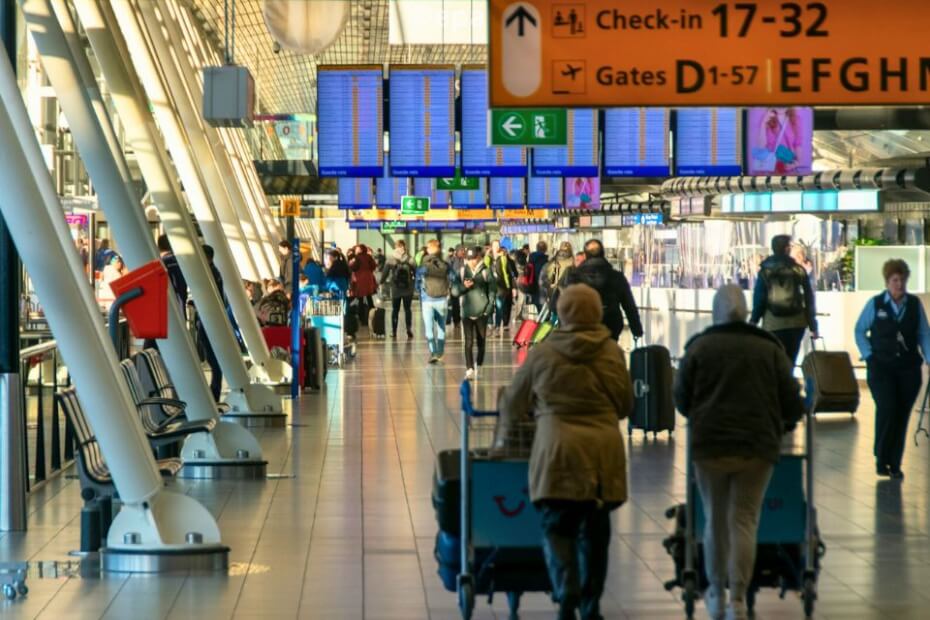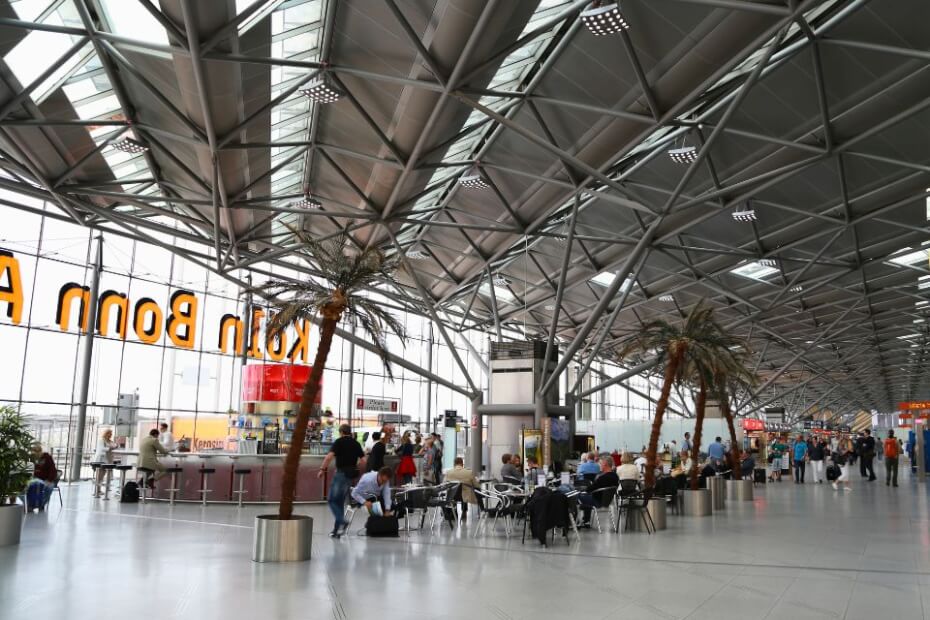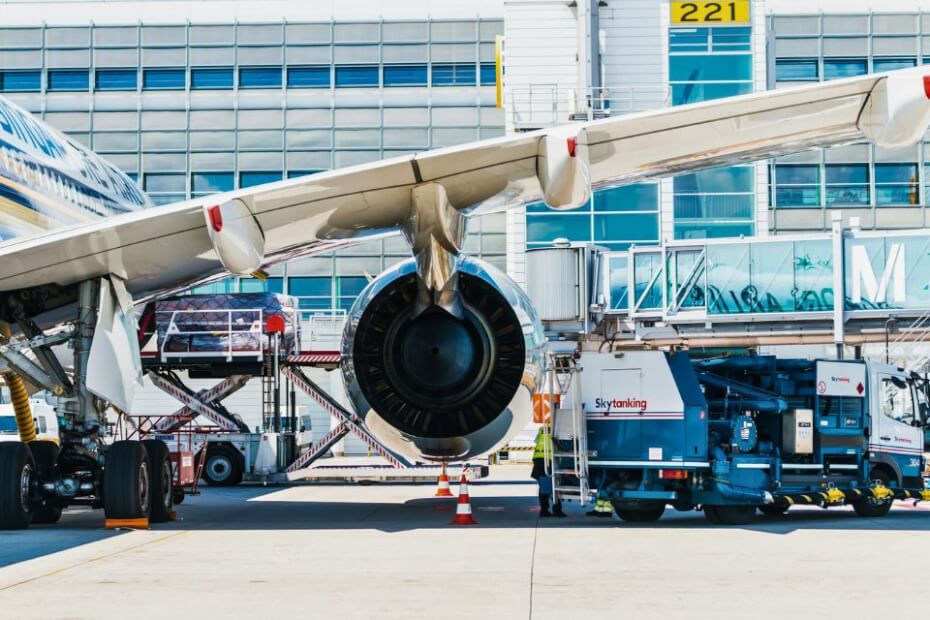
The European Union (EU) could possibly delay the launch of its new border system again.
The new border system, the Entry/Exit System (EES), aims to strengthen border security and streamline travel for non-EU travelers entering the Schengen Area.
It will replace manual passport stamping with biometric data collection or recording fingerprints and facial images.
Once implemented, it will allow border officials to more efficiently track travelers’ entry and exit dates and monitor visa overstays.
Recently confirmed for a November 2024 launch, the EES may be postponed again due to the unpreparedness of key Member States.
France, Germany, and the Netherlands have reportedly asked the European Commission for more time to prepare for the EES launch.
According to The Guardian, the three countries raised concerns over the system’s lack of testing in live environments.
They cited that this is especially crucial at high-traffic entry points such as airports and ports.
If the system were to launch on schedule, the lack of preparation could result in significant travel delays and border congestion.
Why the EES could face more delays
France, Germany, and the Netherlands support the long-term goals of the EU’s new border system but have raised concerns about potential disruptions during the initial rollout.
Officials have presented the same issues in the past, but they persist two months before the EES target launch.
France, in particular, is worried about delays at crucial border crossings such as Dover, where French officials handle passport checks.
The Ashford Borough Council in Kent, United Kingdom (UK), had warned about a worst-case scenario of delays of up to 14 hours affecting freight traffic, private cars, and coaches.
Such delays could also cause congestion at major entry points like Paris-Charles de Gaulle Airport and the Eurotunnel.
A French source said many operational issues may remain unsolved as the system has not been tested in live conditions.
“The problem is the testing has been desktop. We need live testing,” the source said.
Normandy Port Director Jérôme Chauvet also confirmed that no testing had been done in the three ports he supervises.
“We do not yet know the equipment well and how it is going to work,” he said.

On the other hand, Germany is concerned about the effect of the EES on smaller airports such as Cologne and Munich.
The Netherlands is also worried about potential delays due to the volume of traffic in Schiphol, one of Europe’s busiest hubs.
Non-EU travelers must provide passport data, fingerprint scans, and facial images at the border, leading to longer processing times.
Even the slightest delay per passenger could add up, especially at busy border points and during peak travel hours.
The shift to EES checks also requires new equipment, such as pre-registration kiosks and fingerprint scanners.
Additionally, the transition involves training and hiring new staff to operate the new equipment effectively.
Possible phased implementation at EES launch
To address these concerns, the European Commission may consider a phased implementation of the EES rather than a full launch.
This would allow border authorities more time to adjust to the new processes while reducing the risk of overwhelming travel hubs.
It would also allow border officials to address any issues that could arise during the initial phase.
A gradual rollout would likely launch the system first at less congested entry points, followed by busier airports and ports.
This approach could prevent long delays, especially at busy ports like Dover and Calais with high cross-border traffic volume.
A UK source said the EU could hold firm and launch it in November “but then phase in the time-consuming stuff like fingerprinting.”
They must also allow busy border crossings to suspend biometric checks to manage congestion if the queues are building up.
However, an expert emphasized that the system will only be successful in improving security if all border posts are operational.
How talks of EES launch delays affect travelers and the transport industry

Many believe that the EU is unlikely to postpone the EES launch again, having only confirmed a new launch date in August.
Still, officials cannot disregard the concerns of its Member States that host some of Europe’s biggest airport hubs.
Ylva Johansson, the European Commissioner for Home Affairs, has so far remained committed to the 10 November EES launch date.
However, sources indicate that the Commission is preparing to respond to the concerns raised by France, Germany, and the Netherlands.
One option is a delayed start date of 17 November, giving Member States a short extension to finalize their preparations.
The potential delay could be both a relief and a source of uncertainty for travelers.
However, the uncertainty around the system’s launch leaves airlines, ferry companies, and other travel businesses in limbo.
UK transport operators have reportedly been briefed to expect further postponements of the EES launch.
Despite rumors of further delays, most transport operators, such as Eurostar, are still working to comply with the 10 November deadline.

